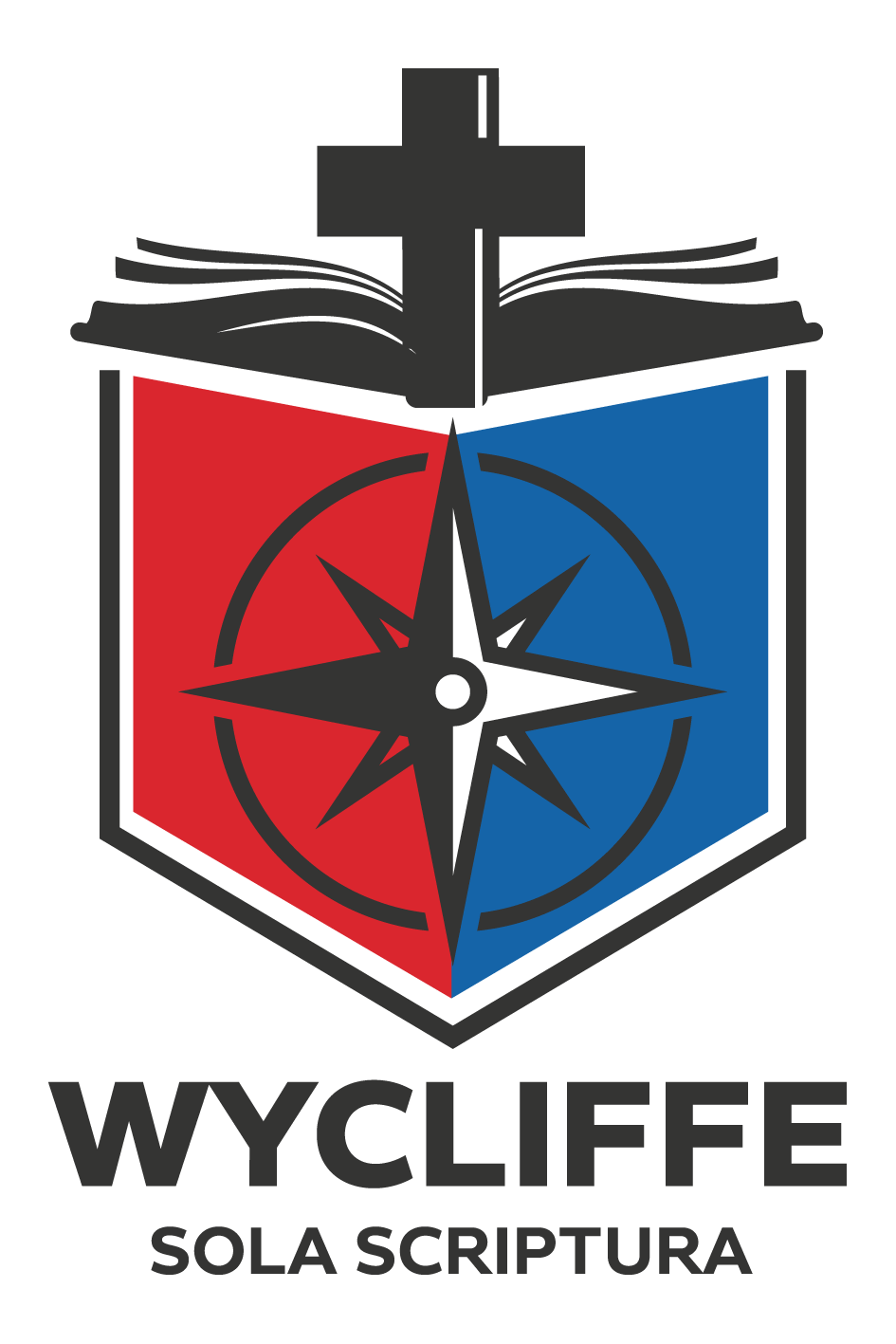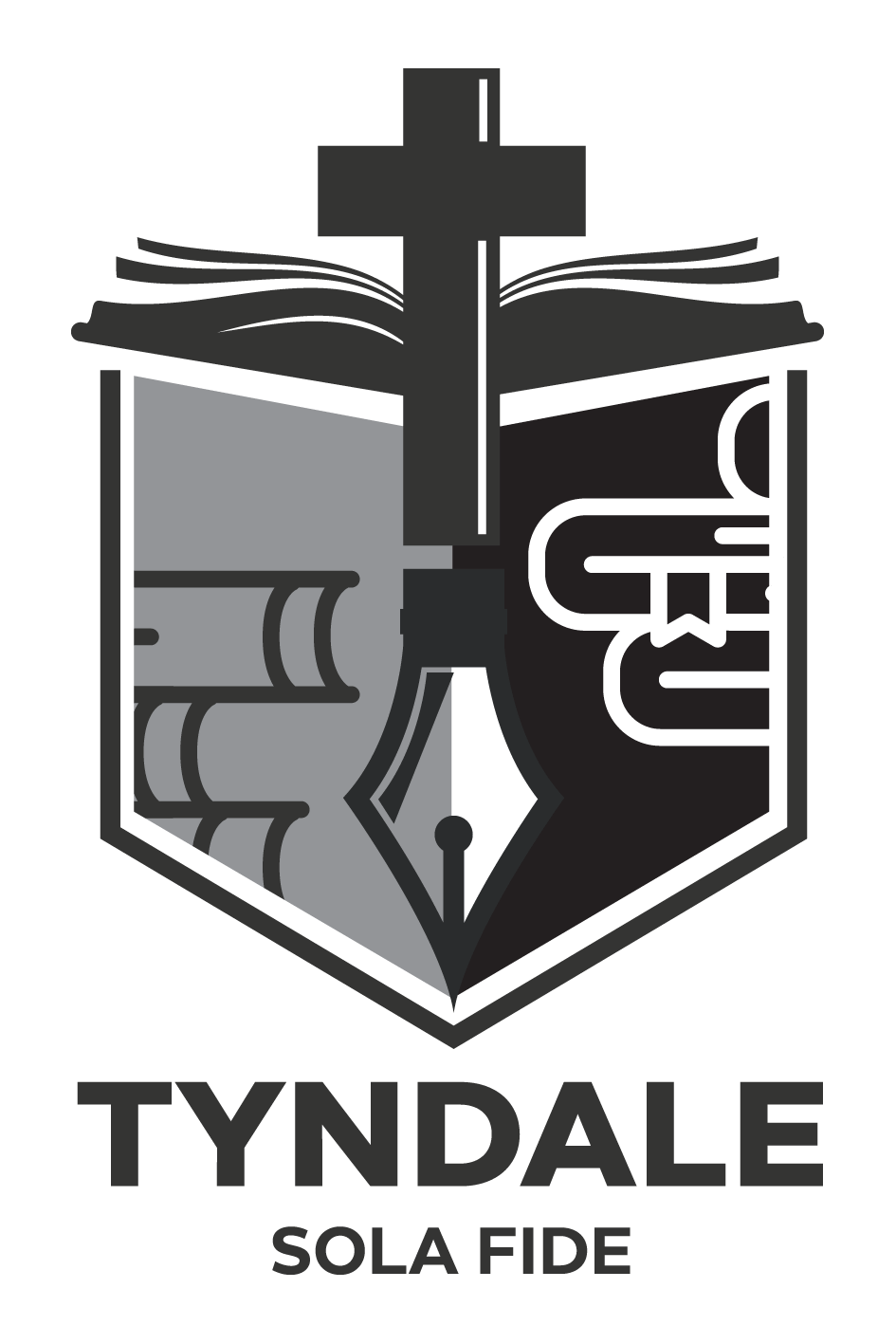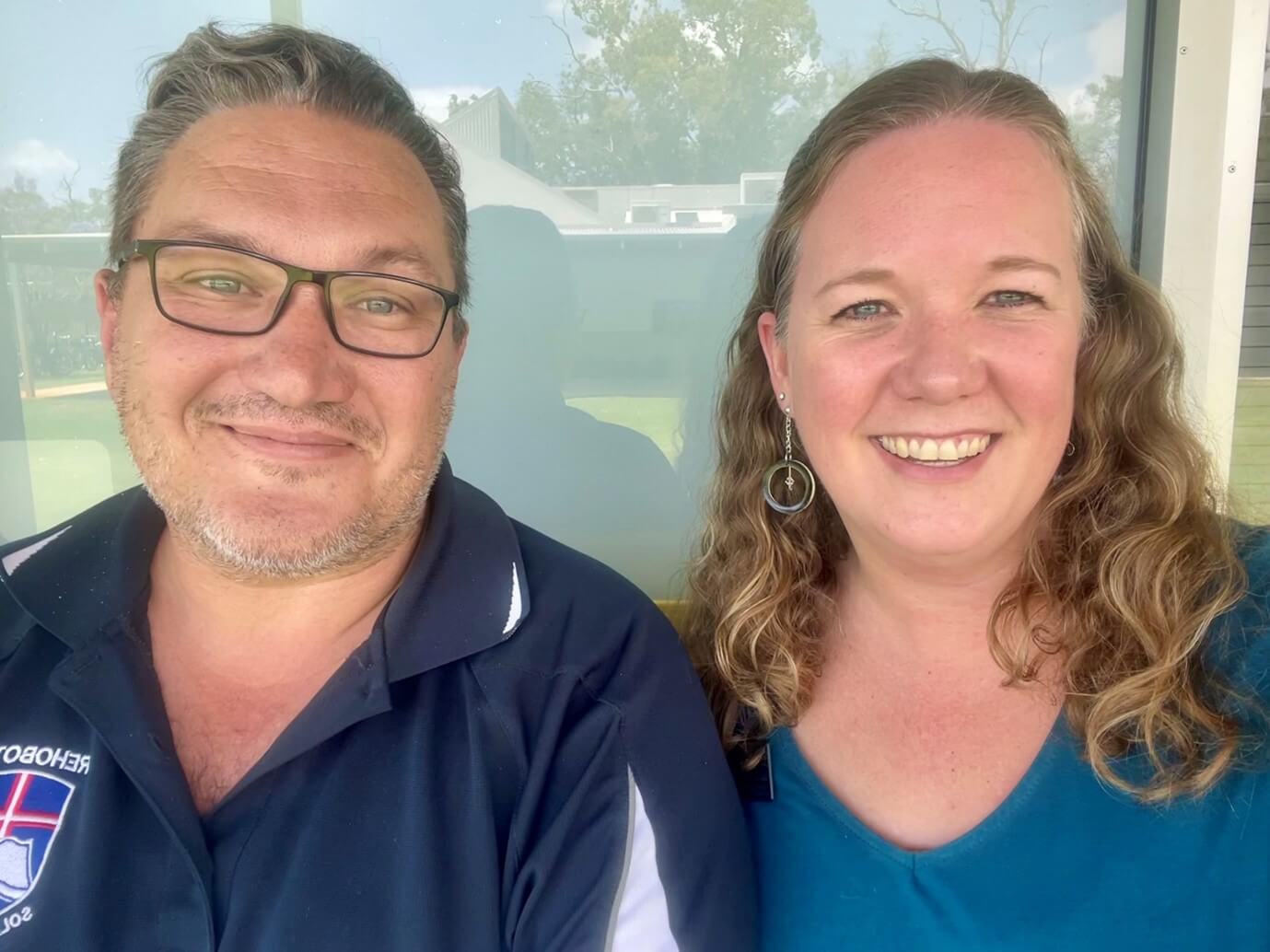About
Pastoral Care

Pastoral care is the provision of care and guidance for students, staff, and families, as well as access to appropriate support services. It involves many activities, but the focus of our pastoral care at Rehoboth is student and staff welfare. In the Secondary school, Year 8-10 Form classes are small “pastoral care” groups, and Form teachers are the people who will maintain a general oversight of your child. The Form teacher is also the person to contact initially if you have any general enquiries, comments, and so on about your child’s progress. In Year 11 and 12, students are divided into two Form groups who meet for Seminars in Christian Perspectives.
Complementary to your child’s class teachers, our Chaplaincy program is an important element of pastoral care at the Rehoboth. This program is assisted by Government funding who provide some funding for chaplains in both Government and Non-Government schools. Our Chaplains play an important role in realising the whole-child philosophy we have for students, vital for nurturing not only their academic progress, but their spiritual, physical, emotional, and social development as well.
Our Chaplains
We currently have 2 chaplains working at Rehoboth. Both Mrs Theaart and Mr Blennerhassett are able to work across the whole school, but have different areas of responsibility. In general, Mrs Theaart works with students from Kindy to Year 9 and Mr Blennerhassett works with students in Year 10 and up. These distinctions are flexible, and they work very much as a team.
Mr Wayne Blennerhassett joined Rehoboth in 2014 as Chaplain and stepped into the additional role of VET Services Coordinator in 2020. Mr Blennerhassett has a background working in a wide range of Social Work settings. As a past Rehoboth student and parent, he has a unique understanding of Rehoboth’s goal of partnering with parents for the benefit of their children. He is able to offer mentoring, advice, support, direction, and conversations about purpose to students, families, and staff members. Mr Blennerhassett is actively involved in many of the College activities, allowing him to integrate Chaplaincy with the routine aspects of College life in an organic way.
Mrs Liesl Theaart joined Rehoboth in 2020 as Chaplain and Community Relations Officer, after working as a chaplain with YouthCARE in the public-school sector for 5 years. Mrs Theaart has a qualification in Religious Studies, and she is married with 3 children. These experiences equip her well for open, supportive, and realistic conversations with students and families. In the Primary Schools she loves doing class or assembly devotions, running the Drumbeat Program and hosting Flourishing Families morning teas for our parents. Mrs Theaart also supports our students individually and this is how she spends most of her time in our Secondary School. She enjoys being part of excursions, camps and talking to groups of girls about social, spiritual, and emotional challenges. Mrs Theaart also encourages our parents with regular articles in the school newsletter and is very involved in her local church.
Mr Blennerhassett and Mrs Theaart are available and contactable for students, families, and staff who may have spiritual, emotional, or social issues they’d like to discuss.
Chaplaincy is about meaningful conversation. Chaplains have conversations with students about many aspects of life. Importantly, these conversations are driven by students and revolve around what they think is most important. Confidentiality is also important to students and our Chaplains’ first rule is “your business is your business”. Alongside prioritising confidentiality, our chaplains are committed to the safety of children and, should issues of safety be raised, will report their concerns to parents and/or relevant others.
Students can contact the Chaplains directly for an appointment via email, SEQTA message, Teams message or in person. Students may request the help of their class teacher to make contact. Although student involvement with the Chaplaincy Program is purely voluntary, it is most effective when our chaplains are able to be involved in student life and to deliver initiatives that are meaningful and relevant to them. Staff members and parents can also request that the Chaplain makes contact with a student.
Support
The Chaplains don’t work in isolation and are part of student services teams. Chaplains meet regularly with Heads of Students, Deputies and Principals of the Colleges three Campus’s. Chaplaincy links to other support services and networks, including recommendations to talk with senior College staff, and referrals to external agencies where appropriate.
We’ve been encouraged by the support shown for the Chaplaincy Program by the Rehoboth community. Parents regularly feedback to the college that the College Chaplains are clear and consistent, and have noted the impact our current chaplains, and those serving before them, have had on student welfare. In particular, parents have noted how the Chaplain has been able to help students with issues that are difficult or can’t be raised in the classroom. Students are encouraged to develop not only academically, but in ways that better equip them to be people of authentic Christian character.
The House System
One of the ways in which we are able to offer pastoral care to students is through our House system. The current system was introduced in 2008 and affords students the opportunity to build communities by working together across schools and campuses, promoting a team spirit, and providing a framework within which students are able to develop their Christian character and forge Godly relationships. The House system also provides a forum for proactively countering bullying and other anti-social behaviours, as well as contributing to a sense of community service. Students are allocated to one of three Houses, each named for a significant hero of the Christian faith:

Wycliffe
Named for John Wycliffe, the 14th century English theologian and preacher responsible for the Wycliffe English translation of the Bible. His belief in the absolute authority of the Bible gives this House its motto Sola Scriptura (“by Scripture alone”). The colours of Wycliffe House are blue and red.

Tyndale
A leading 15th century figure of Protestant reform in England, William Tyndale was the first to produce a printed translation of the Bible in English. Sola fide (“by faith alone”) was a cornerstone of his preaching and the motto of this House. The colours of Tyndale House are black and white.

Newton
Most people will be familiar with the hymn “Amazing Grace,” written by John Newton in 1773. He gave up his life as a ship’s captain and slave trader after coming to conversion following his miraculously surviving a terrible storm at sea. He became a pastor and was heavily involved in the anti-slavery movement. Sola gratia (“by grace alone”) is a testament to this. The colours of Newton House are green and gold.
Students meet in their House groups an average of three times per term to discuss and participate in activities related to that year’s theme. They compete in sports carnivals, Bible tournaments and in other ways for their Houses, and points can be earned toward their House totals for positive behaviour, Christian character, good work, good effort, and so on.
We regard leadership as a God-given attribute which needs to be nurtured and developed. Growing leaders who will become the next generation of Christian leaders in the church, and who will have a positive, Godly influence on our nation, is therefore vital. We aim to assist students in learning the communication and social skills necessary for them to become valued citizens and provide opportunities for them to develop resilience and confidence in leadership roles.
This is partly achieved by our House System. Senior Primary students at the Wilson campus have the opportunity to take on leadership roles as House Captains and Prefects, via a formal election process, while others will be able to work with and lead younger students through a number of Interhouse activities.
At Kenwick, Year 7 students are able to take an active leadership role as one of four elected Prefects. During Term 1, students will learn about the roles and responsibilities involved with being a prefect, and voting is held at the beginning of Term 2.
Secondary students have the opportunity to be involved with the Student Council. Within the Student Council, students are encouraged to develop and grow their leadership and interpersonal skills in a way that is glorifying to God. They may be involved in assisting with special projects throughout the College, working with younger groups of students, and upholding and reinforcing College policy and procedures. Serving in this way can be recorded as part of a student’s CV when later applying for jobs, as it is a position of responsibility. The main functions of the Student Council are:
- Development of student leadership (which includes the involvement of other students)
- Representing Rehoboth at various functions
- Involvement in organising and participating in assemblies
- The Rehoboth Worship Band
- Student lunch time meetings (Prayer and Praise)
- Assisting with fundraising events
Leadership, communication, and interpersonal skills are needed not only within the College, but in the workplace, in the church, and in families, as mothers and fathers seek to lead their children to love God and obey His commands.
Experience Rehoboth Christian College
Enrol My Child
From the moment you call or walk into one of our offices, we aim to make it as straightforward and pleasurable an experience as possible.
Request a Personal Tour
Whether you prefer to send your child to Wilson or Kenwick Primary, we are able to offer consistent educational programs between both campuses.
Get In Touch



